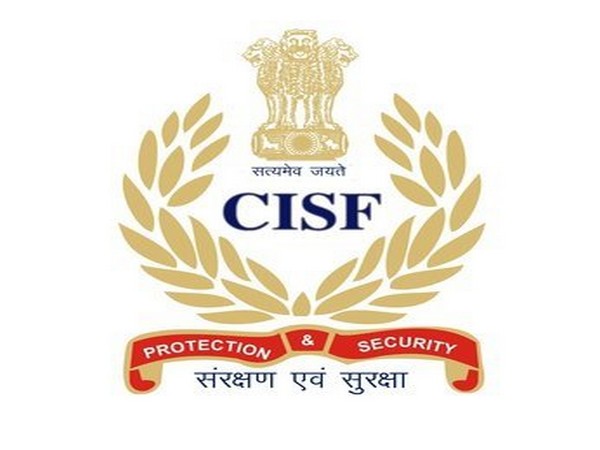An additional 250 Central Industrial Security Force (CISF) personnel are set to be deployed to enhance security measures aimed at safeguarding the Parliament House complex. This reinforcement of manpower is part of the CISF’s security strategy specifically tailored to protect the Parliament.
Under the latest security enhancement plan, more than 250 CISF personnel will be stationed at Parliament, with over 230 assigned to its security division and the remaining allocated to the force’s fire department responsible for Parliament’s security. CISF Director General Nina Singh has approved the integration of these personnel into the existing security wing stationed at Parliament.
The increased number of CISF personnel assigned to strengthen Parliament security includes over 12 inspectors, 45 sub-inspectors, 30 assistant sub-inspectors, 35 head constables, and 85 constables. These additional personnel are scheduled to join the Parliament security system by the end of the week, following a specialized three-day departmental training program to meet specific requirements.
The CISF was first deployed at Parliament in January this year, with 140 personnel tasked with providing security at specific entrance gates. Since then, these personnel have been responsible for visitor frisking and baggage screenings at designated entrances.
This newly implemented security arrangement by the CISF was evident during the Parliament’s Budget Session starting on January 31. With this significant deployment in Parliament, the CISF has become a new addition to the Parliament security setup, leveraging its expertise in access control, frisking, and scanning acquired from securing airports, the Delhi Metro, and other high-footfall sites across the country.
This development follows a serious security breach in Parliament during the Winter Session held in December last year, prompting the suspension of eight security personnel. Subsequently, the CISF received “in-principle” approval from the Ministry of Home Affairs (MHA) to conduct a joint survey of Parliament premises for regular CISF security deployment.
Currently, various security agencies, including the Parliament Security Service, Delhi Police, Central Reserve Police Force (CRPF), and Parliament Duty Group, are involved in guarding Parliament. However, the CISF’s expertise in access control and screening makes it a preferred force for such tasks.
Established in 1969 with just three battalions, the CISF has grown into a premier multi-skilled organization with a strength of 1,77,075 personnel. It provides security cover to nearly 358 establishments, including critical infrastructure facilities like nuclear installations, airports, and seaports, along with VIP security and consultancy services.







